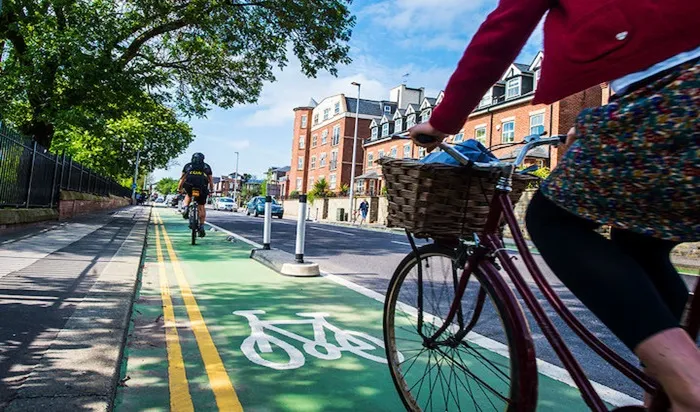Active travel, which includes walking, cycling, and other forms of human-powered transportation, is proving to be a transformative force for urban environments. This mode of transport delivers significant health, environmental, and social benefits, making it a crucial element in creating more sustainable and equitable cities.
As a highly cost-effective strategy, active travel offers a virtually carbon-free alternative to traditional transportation methods. It produces no harmful air pollutants and boasts the lowest environmental impact of any transportation option available.
Incorporating infrastructure that supports active travel can significantly decrease the number of car journeys, thereby cutting down vehicle emissions and improving air quality. Air pollution, which contributes to approximately 8.1 million deaths globally each year, can be mitigated by encouraging more walking and cycling. Notably, in many cities, about 35% of trips are shorter than three kilometers, and 50% are under ten kilometers—distances easily manageable by foot or bicycle.
Related Topics:
Where to Take Visitors in Chicago
Where to Ride Bikes in Chicago
Where to Have a Picnic in Chicago

